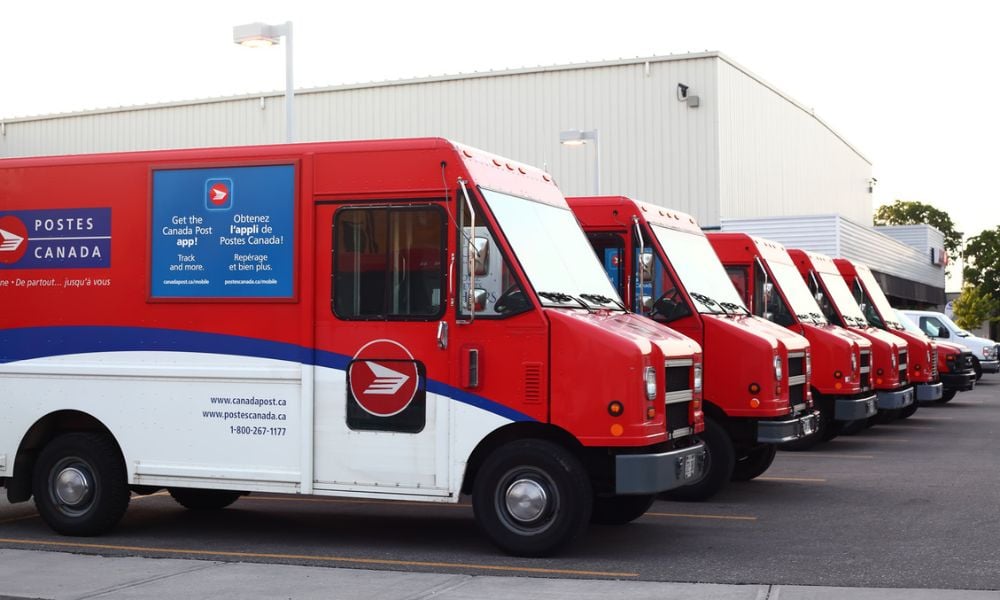A recent case from Ontario sheds some light on seasonal workers' healthcare entitlements.
In Ontario (General Manager, Ontario Health Insurance Plan) v Clarke, a recently released decision from the Ontario Divisional Court considered whether two seasonal workers were entitled to continued coverage under the publicly funded provincial health insurance plan ("OHIP").
The workers were employed by an Ontario company as part of the federal government's Seasonal Agricultural Worker Program ("SAWP"). The workers suffered serious injuries after being involved in a motor vehicle accident as they were being transported to work in the employer's van.
WSIB paid the workers compensation benefits and funded the cost of the needed medical care. However, the workers required continued medical treatment following the expiration of their work permits. As such, they applied to the Federal government to be granted visitor status and to the Ontario government for an extension of the OHIP coverage. The workers were granted visitor status but the Ontario government denied the request for continued coverage under OHIP. The Ontario Health Services Appeal and Review Board overturned the decision, finding that the workers were residents of Ontario and as such, eligible for health insurance coverage. The Ontario government appealed the decision of the Ontario Health Services Appeal and Review Board to the Divisional Court.
Central to the appeal was the interpretation of section 1.3 (2) of Regulation 522 under the Health Insurance Act, R.S.O. 1990, c.H-3. This section provides that those working in Ontario pursuant to a work permit under the SAWP are residents pursuant to the Health Insurance Act and entitled to OHIP coverage.
The Ontario Health Services Appeal and Review Board had concluded that the workers continued to be classified as residents under this section even after the work permit under the SAWP expired. However, the Divisional Court reversed this decision and concluded that the exception provided in this section only applied to those with a valid work permit under the SAWP. The Court stated that "the plain wording of the regulation allows for no other conclusion that the [workers] ceased to be eligible for OHIP once their work permits expired on December 15, 2012". Simply put, as the work permits had expired, the injured workers did not continue to fall within the exception and were not entitled to continued OHIP coverage.
Of potential concern for employers were the Court's comments regarding the responsibility of companies who employ seasonal workers.
The Court noted that a gap exists where a seasonal worker under the SAWP is required to stay in Ontario following the expiry of his/her work permit for medical reasons. The Court noted that this gap should be filled either by requiring employers to obtain supplemental health insurance or through an agreement negotiated between the Federal and Provincial governments.
This case could be further appealed and we will monitor the matter for any updates.
The workers were employed by an Ontario company as part of the federal government's Seasonal Agricultural Worker Program ("SAWP"). The workers suffered serious injuries after being involved in a motor vehicle accident as they were being transported to work in the employer's van.
WSIB paid the workers compensation benefits and funded the cost of the needed medical care. However, the workers required continued medical treatment following the expiration of their work permits. As such, they applied to the Federal government to be granted visitor status and to the Ontario government for an extension of the OHIP coverage. The workers were granted visitor status but the Ontario government denied the request for continued coverage under OHIP. The Ontario Health Services Appeal and Review Board overturned the decision, finding that the workers were residents of Ontario and as such, eligible for health insurance coverage. The Ontario government appealed the decision of the Ontario Health Services Appeal and Review Board to the Divisional Court.
Central to the appeal was the interpretation of section 1.3 (2) of Regulation 522 under the Health Insurance Act, R.S.O. 1990, c.H-3. This section provides that those working in Ontario pursuant to a work permit under the SAWP are residents pursuant to the Health Insurance Act and entitled to OHIP coverage.
The Ontario Health Services Appeal and Review Board had concluded that the workers continued to be classified as residents under this section even after the work permit under the SAWP expired. However, the Divisional Court reversed this decision and concluded that the exception provided in this section only applied to those with a valid work permit under the SAWP. The Court stated that "the plain wording of the regulation allows for no other conclusion that the [workers] ceased to be eligible for OHIP once their work permits expired on December 15, 2012". Simply put, as the work permits had expired, the injured workers did not continue to fall within the exception and were not entitled to continued OHIP coverage.
Of potential concern for employers were the Court's comments regarding the responsibility of companies who employ seasonal workers.
The Court noted that a gap exists where a seasonal worker under the SAWP is required to stay in Ontario following the expiry of his/her work permit for medical reasons. The Court noted that this gap should be filled either by requiring employers to obtain supplemental health insurance or through an agreement negotiated between the Federal and Provincial governments.
This case could be further appealed and we will monitor the matter for any updates.





